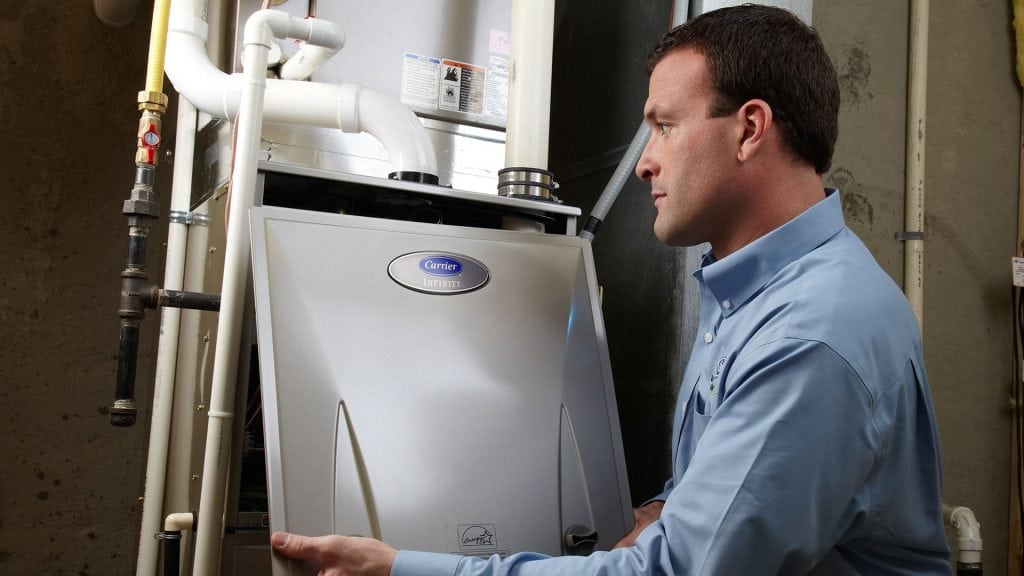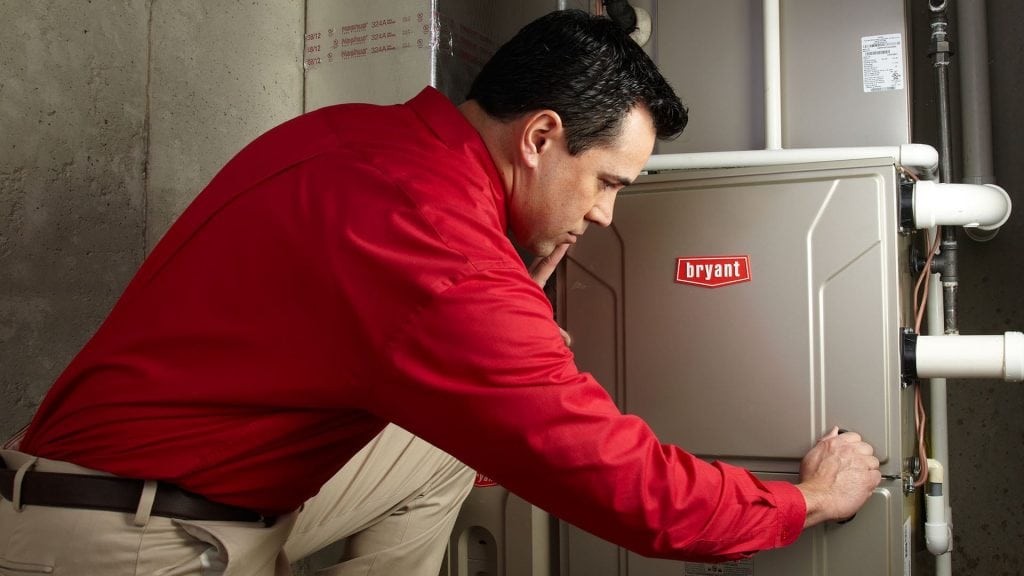Why You Should Care About Indoor Humidity

Why You Should Care About Indoor Humidity
Those living in the southeastern United States know that humid, muggy weather affects comfort. Too much moisture can also lower indoor air quality, create an environment for pests to thrive and degrade building materials and furnishings.
To stay comfortable and maintain a healthy living space, we rely on air conditioning, which regulates temperature and the amount of moisture in the air. Your heating, ventilation and air conditioning contractor can help keep indoor moisture levels in your home or business within recommended levels.
Effects of Excess Moisture
The Consumer Product Safety Commission recommends keeping indoor humidity levels between 30% and 50% for health, safety and comfort. When we perspire, sweat evaporates, which cools our bodies. Humid air contains more water, which retards evaporation. Keeping humidity within recommended levels allows perspiration to evaporate, which helps us stay comfortable and prevents overheating.
Air with too much moisture can cause other problems. Pests, mold, pathogens, dust mites and cockroaches thrive when moisture levels rise above 50%. Moisture can also affect your home. You may notice peeling paint or wallpaper, rot in wood flooring or furniture and mold on surfaces or in ducts. Excess moisture can damage insulation.
Air that is too dry can also cause problems. You may experience dry skin, itchy eyes, a dry throat or respiratory problems. Dry air can cause wood to shrink and affect the way doors and windows close.
How to Maintain Optimum Indoor Moisture Levels
Moisture comes from many sources, including cooking, bathing, washing clothes and damp crawl spaces. You can reduce the amount of moisture by running exhaust fans in humid areas, such as the kitchen, laundry room and bathrooms, venting clothes dryers to the outside and repairing plumbing leaks quickly. Running your air conditioner during humid months also reduces indoor moisture.
AC Southeast offers products that work with your HVAC system to regulate moisture, including:
- Whole-home ventilation systems bring in fresh outdoor air, expel stale, humid indoor air and reduce concentrations of pollutants.
- Dehumidifiers remove moisture from the air. Humidifiers add moisture, which is often needed during heating season.
- Ultraviolet lights installed in HVAC ductwork reduce moisture on coils, filters and inside ducts. High moisture levels allow biological pathogens to thrive. UV lights inactive them, keeping them out of your living space.
- Smart thermostats sense moisture and tell you how much is in the air. Some notify your HVAC system when levels increase and signal the system to run at speeds that maintain the proper levels.
AC Southeast works in a five-state area with licensed HVAC dealers trained in indoor air quality and moisture control. If your home or business is experiencing problems with excess indoor moisture, contact one of our experienced contractors to investigate the problem.



